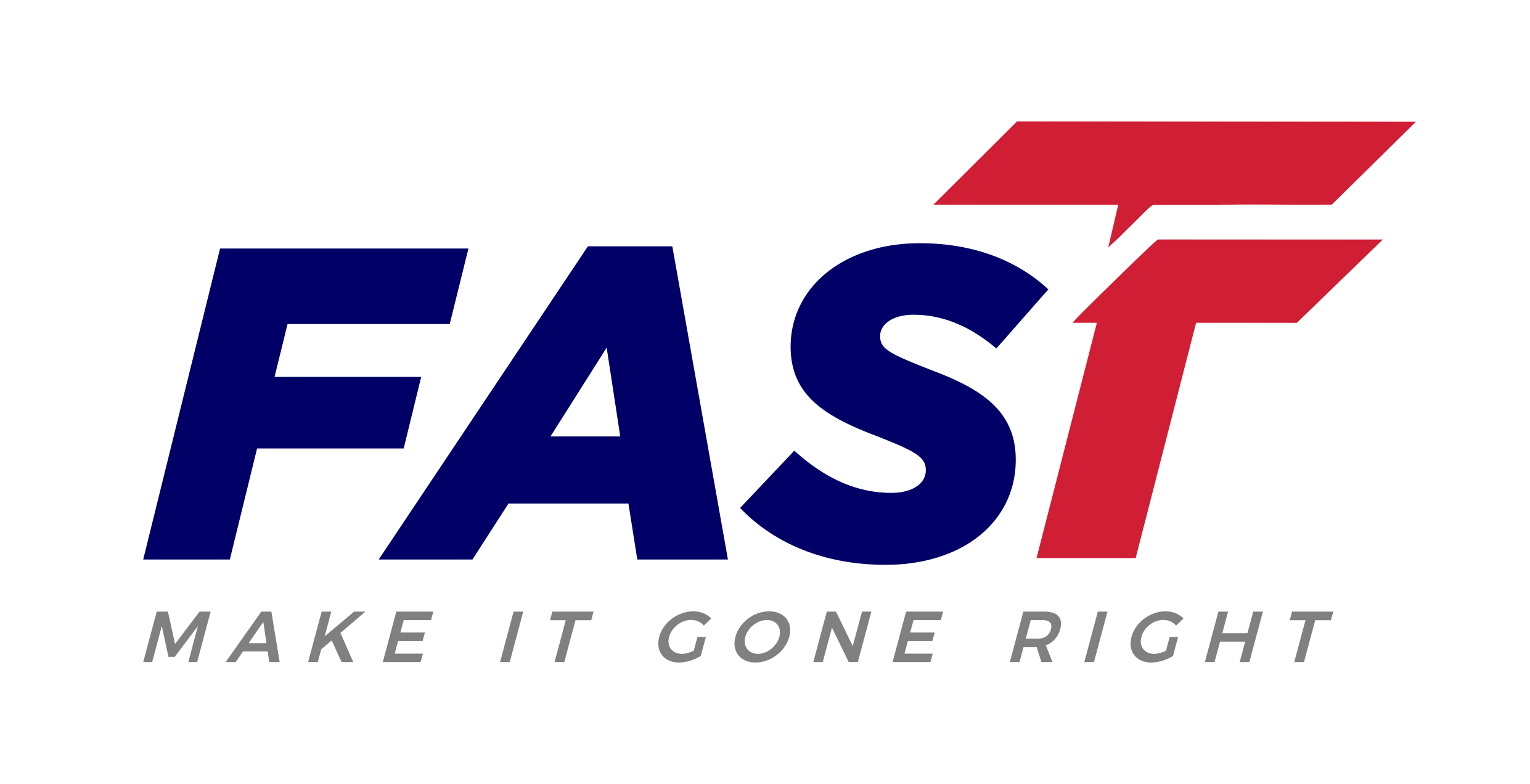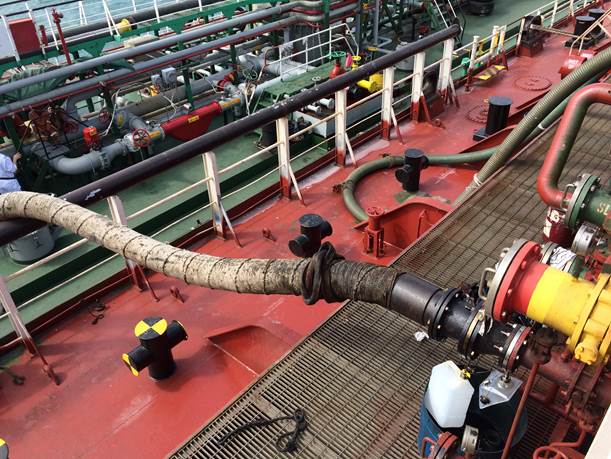In today’s shipping industry, fuel is not just a commodity—it is one of the largest operational expenses, often accounting for up to 60% of a vessel’s daily operating costs. Even a small discrepancy in fuel delivery can result in significant financial losses, creating disputes between shipowners, charterers, and bunker suppliers. To mitigate this risk, an independent Bunker Quantity Survey (BQS) has become a critical safeguard for ensuring transparency, compliance, and cost control in marine fuel transactions.
A Bunker Quantity Survey in Indonesia or anywhere worldwide is a structured inspection carried out before and after bunker delivery to verify the actual quantity of fuel received. Instead of relying solely on supplier documentation, an independent marine surveyor uses MARPOL-compliant methods and calibrated equipment to measure bunker tanks, adjust for temperature and density variations, and provide a precise calculation of fuel on board. The final survey report serves as impartial evidence in resolving bunker disputes, protecting both shipowners and charterers from unfair losses.
The importance of engaging an independent bunker inspection service cannot be overstated. Common malpractice, such as the so-called “cappuccino effect” (where air is intentionally introduced into the fuel to inflate volume readings), or simple errors in gauging, continue to cause disputes across global shipping hubs. By appointing a trusted BQS provider, companies ensure that every ton of fuel paid for is physically delivered and properly recorded.
From a commercial perspective, a BQS provides more than just legal protection. Accurate fuel measurement allows ship operators to optimize voyage planning, prevent unexpected shortages during critical operations, and maintain clarity in charter party agreements. Furthermore, P&I Clubs and marine insurers recognize BQS reports as credible documentation, giving shipowners a stronger legal standing when disputes escalate into claims.
A real-world case demonstrates its value: during a bunker operation in Singapore, a charterer avoided a USD 18,000 loss after an independent bunker surveyor identified discrepancies between the Bunker Delivery Note (BDN) and actual tank measurements. Without this independent verification, the financial loss would have been absorbed directly by the operator. This example underlines why shipowners, charterers, and insurers increasingly consider BQS not an optional service, but a necessary layer of risk management.
For shipowners and charterers operating in Southeast Asia, particularly across Indonesian ports, the benefits are even clearer. Appointing a local yet internationally compliant marine surveyor provides not only cost efficiency but also the assurance that Bunker Quantity Surveys in Indonesia meet the same standards recognized globally.
In an industry driven by trust, compliance, and operational efficiency, a Bunker Quantity Survey delivers transparency where it matters most. It safeguards commercial relationships, ensures accurate bunker transactions, and protects the bottom line. For modern shipping companies, engaging a reliable and independent BQS provider is not simply a precaution—it is a strategic necessity.


 Chat WhatsApp
Chat WhatsApp 